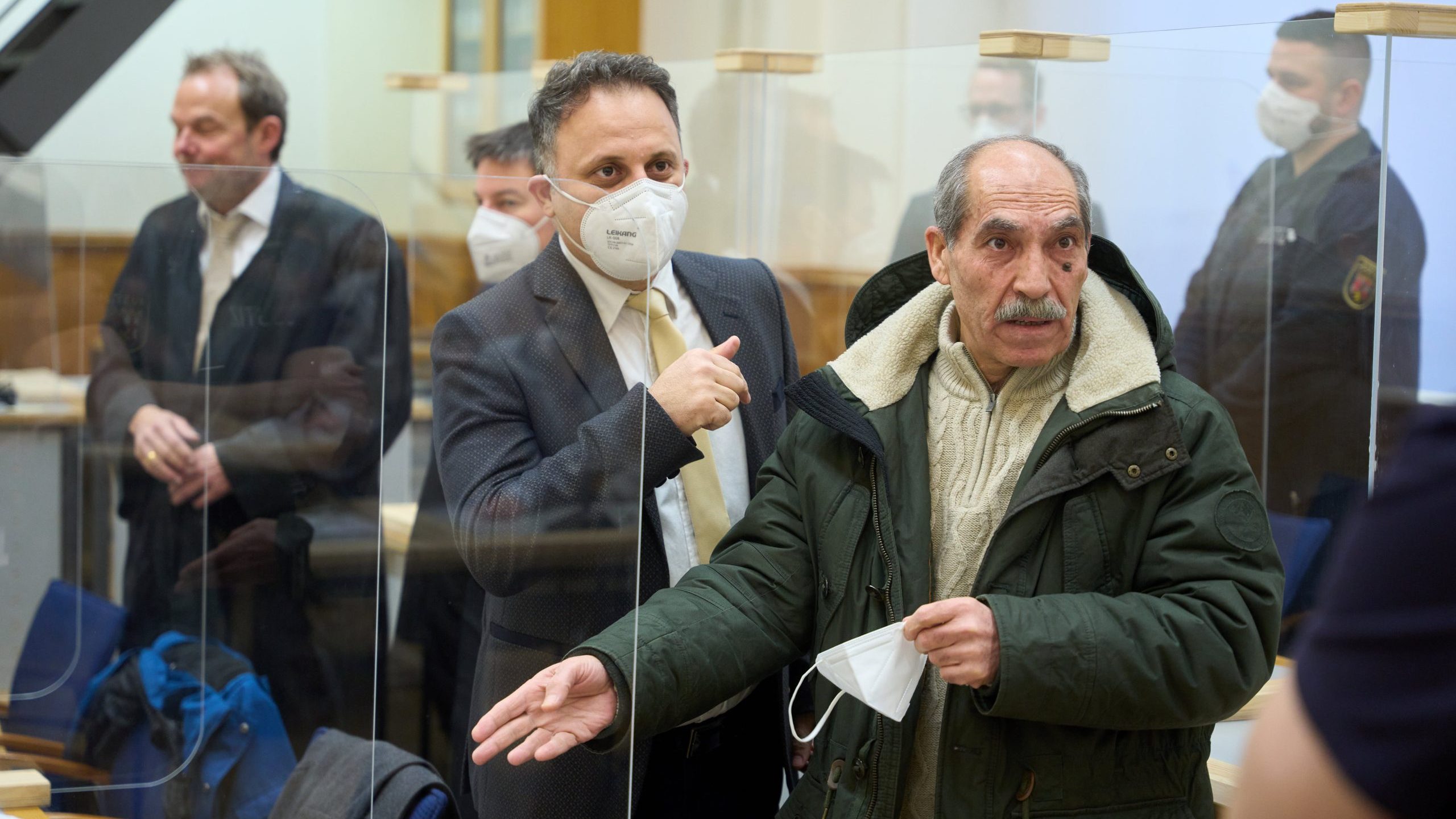In a landmark ruling on Thursday 13th, Anwar Reslan, a former Syrian intelligence officer, was convicted by the Higher Regional Court in Koblenz in Germany of crimes against humanity. He is accused of torture, murder, and sexual violence, committed as he occupied his previous position as Head of the Investigation Department of Branch 251 of the Syrian intelligence services. The verdict is another step towards the end of the impunity enjoyed by regime officials, despite their role in the torture and the disappearance of thousands of Syrians since the beginning of the civil war.
The London-based pan-Arab Asharq al-Awsat reported that the German prosecutors alleged that Raslan supervised the “systematic and brutal torture” of more than 4,000 prisoners between April 2011 and September 2012, resulting in the deaths of dozens of people. Despite that, Raslan’s lawyers asked judges last week to acquit their client, claiming that he never personally tortured anybody and that he defected in late 2012.
Not the last
The condemnation was allowed by Germany’s use of universal jurisdiction, which holds perpetrators of international crimes accountable on its territory. Previously, Eyad al-Gharib, a junior Syrian officer, was convicted last year of accessory to crimes against humanity and sentenced by the same court to 4 and a half years in prison.
Catherine Marchi-Uhel, the Head of the IIIM, a right group focusing on justice for victims of torture and abuse, said in a statement “The Koblenz ruling is highly significant not only for the direct victims and survivors of these crimes but also for the victims and survivors of the many unaddressed past and ongoing violations in Syria. We must acknowledge that there is still much work to be done for justice to be delivered. This verdict reminds us all of what is possible and should leave perpetrators of serious crimes in no doubt that there will be accountability for their actions.”
Read Also: Recap: Cross Border Aid to Syria Remains without UNSC Vote
And indeed, the court verdict won’t be the last, as Germany is reviewing more than 12 cases of crimes against humanity committed in Syria. The pro-opposition Syria TV has reported that the Frankfurt Regional High Court in Germany announced that it will begin the trial of Syrian doctor Alaa Moussa, who is accused of committing acts of torture and murdering injured people detained by regime intelligence services inside military and civilian hospitals. Alaa Moussa is accused of torturing prisoners in a military hospital and a military intelligence prison in Homs between 2011 and 2012. During his first hearing on Wednesday, Moussa appeared covering his face, claiming that he was a civilian doctor, not a military one and that he did not serve in Assad’s army but instead paid conscription exemption fees of US $8,000 after arriving in Germany, al-Souria Net reports. The accused also tried to use his Christian religion in an attempt to appeal to the court, saying that Christians in Syria are a minority and that before the war they had no difficulty exercising their religious rights.
In France as well, Salah Habib, a businessman who holds both Syrian and French nationality, is accused of helping the regime army acquire material to create chemical weapons. He was arrested in France where he was spending the new year holidays, in his Aix-en-Provence house, according to the French newspaper Le Monde. Habib and the maritime transport company he owns, Yona Star, are both under U.S. sanctions.
However, Robert Ford, a former ambassador, and current researcher at the Middle East Institute in Washington argued in an op-ed for Asharq al-Awsat that the pursuit of justice and accountability for former regime officers is a major obstacle to a political solution in Syria. On the other hand, the Syrian opposition welcomed the verdict by the German court, with the Syrian Center for Media and Freedom of Expression claiming that it and other possible future verdicts by European judiciaries are “a possible option to reduce impunity and to keep the rights of victims as a central issue in any future political solution”.


